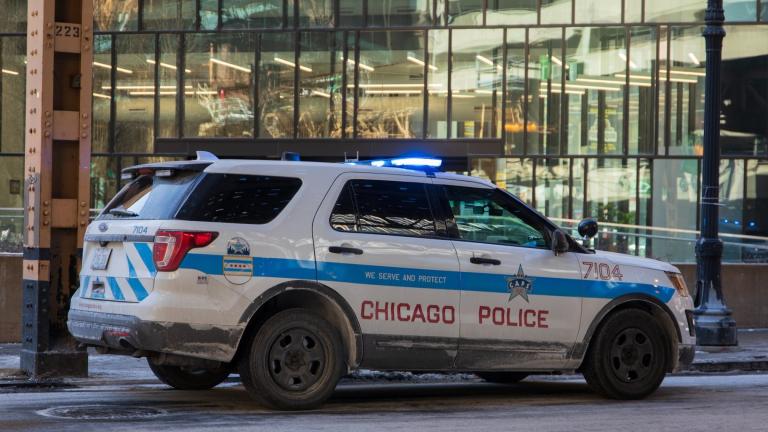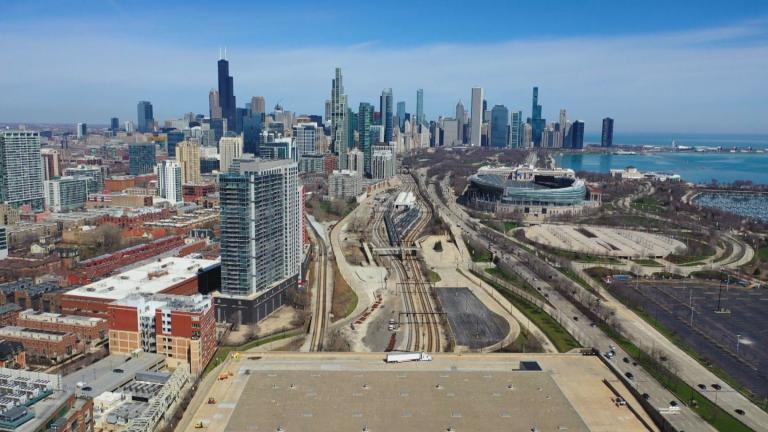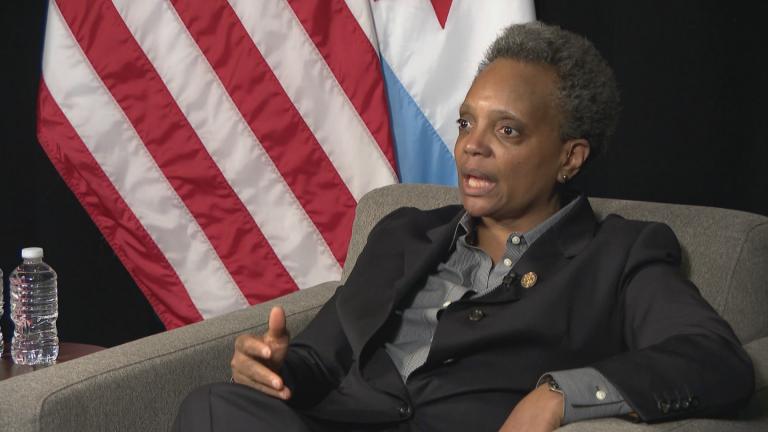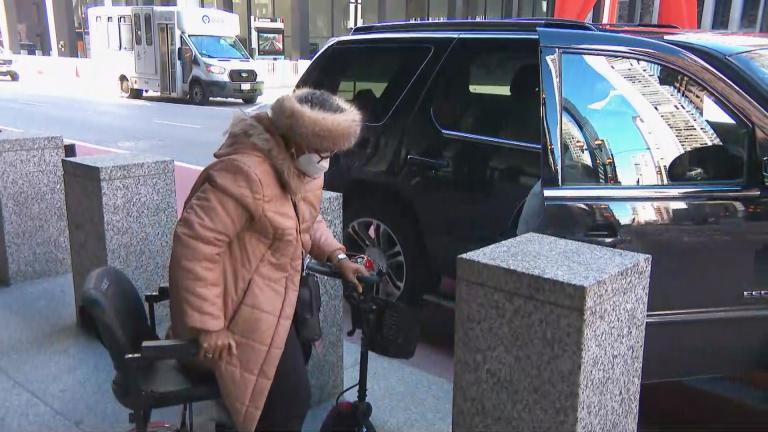Video: Chicago Inspector General Deborah Witzburg appears on “Chicago Tonight” on July 25, 2023. (Produced by Paul Caine)
Inspector General Deborah Witzburg told WTTW News on Tuesday that her office’s decision to declare that two high-profile Chicago politicians violated the city’s ethics laws should put elected officials on notice that she plans to step up efforts to hold rule breakers accountable.
Witzburg vowed to pursue enforcement of Chicago’s ethics rules with “greater frequency and rigor than ever before — paying down the deficit of legitimacy at which the city operates by ensuring that people who break the rules are held accountable, regardless of their positions.”
“These are the rules that stand between us and government illegitimacy,” Witzburg said.
In a July 14 report, Witzburg issued the “first-ever finding of probable cause in an inspector general ethics investigation of a sitting member of City Council.” WTTW News reported the case involves allegations Ald. Jim Gardiner (45th Ward) retaliated against a frequent critic and political foe by directing a city employee to issue “unfounded citations” that could have forced him to pay more than $600 in fines.
That same report accused a former elected official of violating the city’s ethics ordinance when her campaign sent emails to city employees at their official city emails asking them to contribute to her bid for a second term. Former Mayor Lori Lightfoot’s spokesperson confirmed in a statement that the former mayor is the subject of the probe, and vowed to contest the findings before the Chicago Board of Ethics, whose members Lightfoot appointed.
The power city officials exercise in their public roles “belong to the people of the city of Chicago” and should not be used for those officials’ “personal political benefit,” Witzburg said.
Neither Gardiner, who did not respond to requests for comment from WTTW News, nor Lightfoot was named in the inspector general’s report, in keeping with the city’s rules. Both can contest the inspector general’s findings at an upcoming hearing of the Board of Ethics, which could levy thousands of dollars in fines.
In a third case, Witzburg determined a Chicagoan who attempted to bribe a building inspector who identified multiple violations of the city’s building codes when reviewing two newly built porches violated the city’s ethics ordinance.
That person, who has not been identified by WTTW News, “placed an unknown amount of money in the inspector’s shirt.” The building inspector refused the money and reported the incident, according to the report.
That finding breaks new ground in ethics enforcement, Witzburg said.
“We need to all be really clear that City Hall is not for sale,” Witzburg said. “The rules apply to everyone.”
Witzburg will be the first Chicago inspector general to be limited to two, four-year terms, under a change in city law passed by the City Council earlier this month that she endorsed.
That will protect the independence of Chicago’s inspector general and bring “stability, order, independence” to the office, which oversees all city departments and contractors as well as the mayor’s office, City Council and its committees, Witzburg said.
Allowing an inspector general to serve more than eight years runs the risk of compromising the agency’s integrity by becoming either too friendly with, or too antagonistic toward, the people and the agencies they oversee, said Witzburg, whose first term in office expires in 2026.
“Those of us privileged to serve in this position should be building the office for a robust and stable transition,” Witzburg said.
Contact Heather Cherone: @HeatherCherone | (773) 569-1863 | [email protected]








